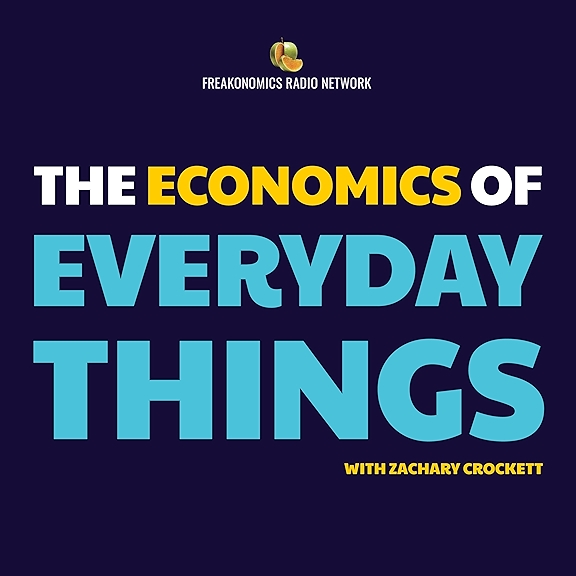
The U.S. once banned Chinese immigrants — and it paid an economic price
In 1880, the Chinese were the biggest group of immigrants in the western U.S. But Sinophobic sentiments crystallized into racist policies and eventually the Chinese Exclusion Act of 1882. The rationale was that banning Chinese laborers would boost job opportunities for U.S.-born workers. Today, an economist explains how the Chinese exclusion laws affected the economies of western states and what it says about our current debate over immigration and jobs.
Read the working paper co-authored by Nancy Qian.
A digital scan of the photo album in the California Historical Society's collections is available here.
For more on this period of history, check out At America's Gates: Chinese Immigration during the Exclusion Era, 1882-1943 by Erika Lee.
Related episodes:
What's missing in the immigration debate (Apple / Spotify)
For sponsor-free episodes of The Indicator from Planet Money, subscribe to Planet Money+ via Apple Podcasts or at plus.npr.org.
Music by Drop Electric. Find us: TikTok, Instagram, Facebook, Newsletter.
Learn more about sponsor message choices: podcastchoices.com/adchoices
NPR Privacy Policy
Read the working paper co-authored by Nancy Qian.
A digital scan of the photo album in the California Historical Society's collections is available here.
For more on this period of history, check out At America's Gates: Chinese Immigration during the Exclusion Era, 1882-1943 by Erika Lee.
Related episodes:
What's missing in the immigration debate (Apple / Spotify)
For sponsor-free episodes of The Indicator from Planet Money, subscribe to Planet Money+ via Apple Podcasts or at plus.npr.org.
Music by Drop Electric. Find us: TikTok, Instagram, Facebook, Newsletter.
Learn more about sponsor message choices: podcastchoices.com/adchoices
NPR Privacy Policy




















